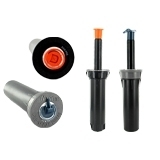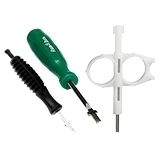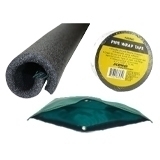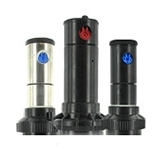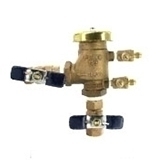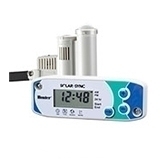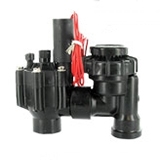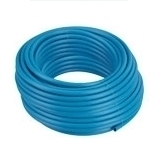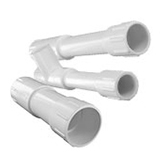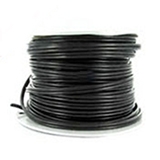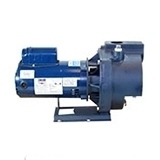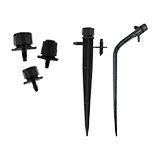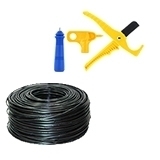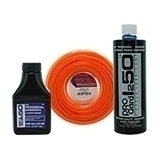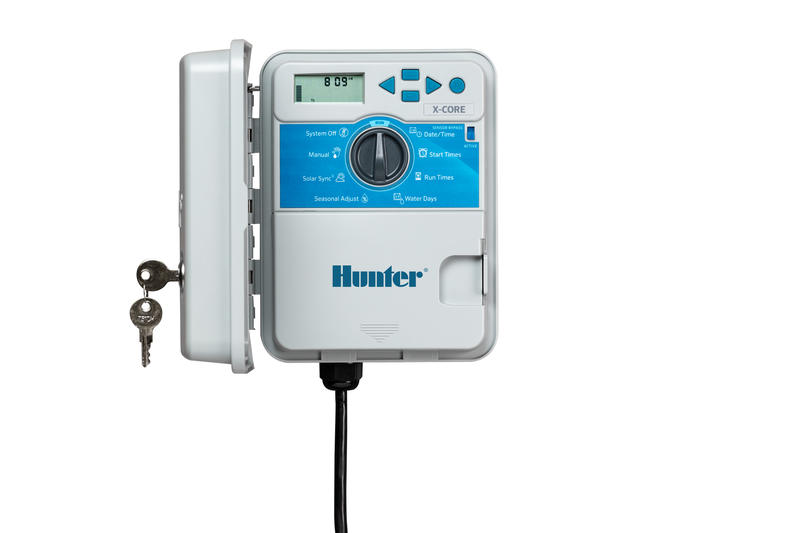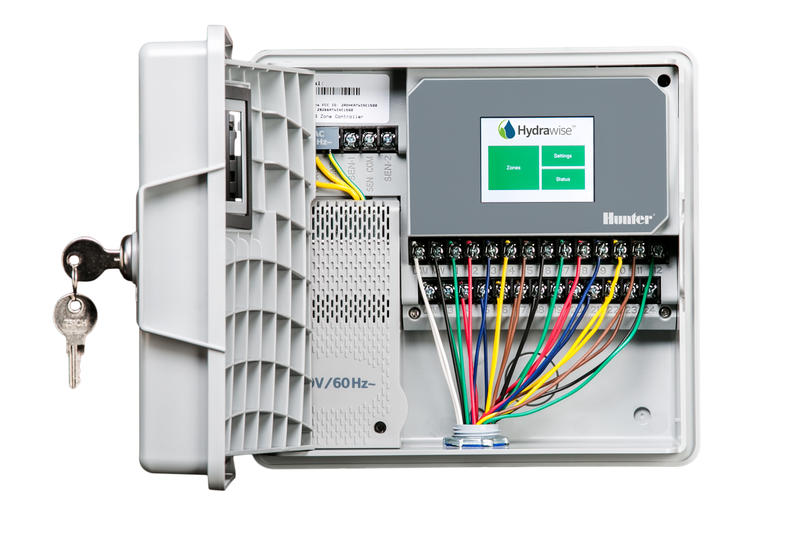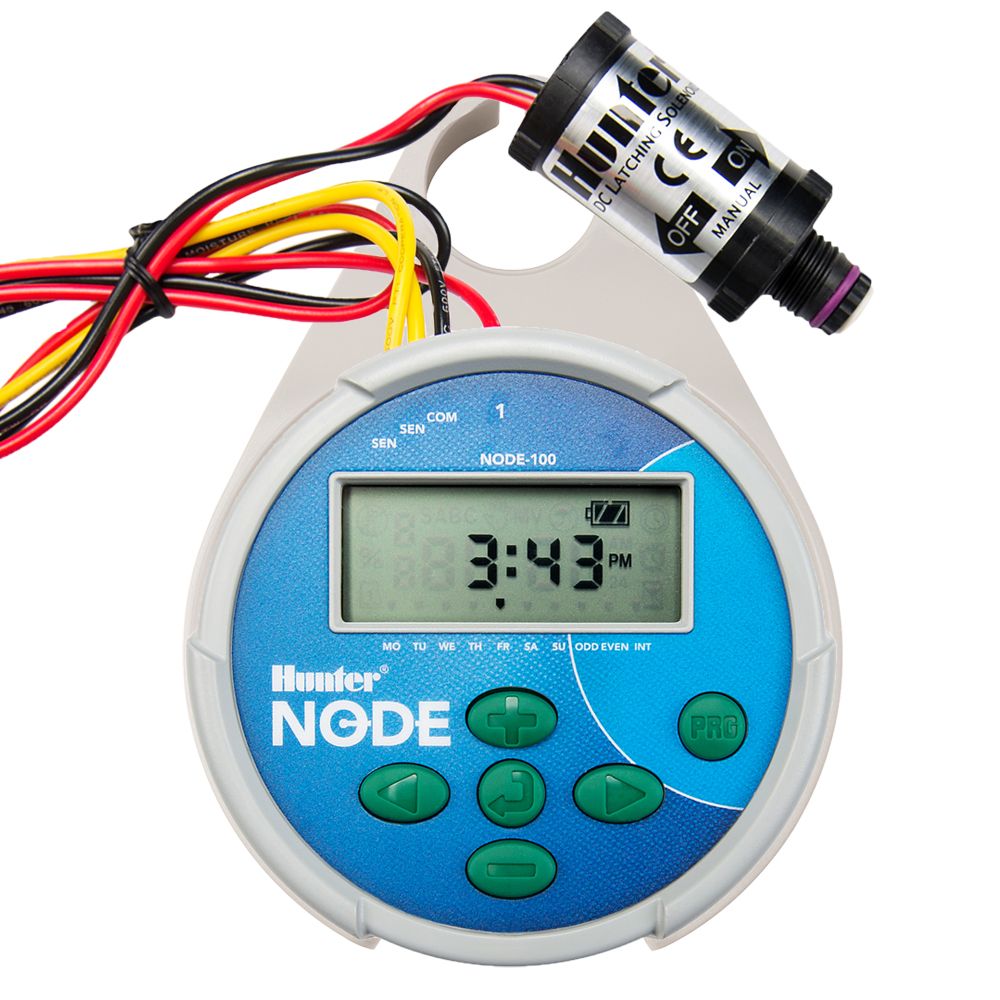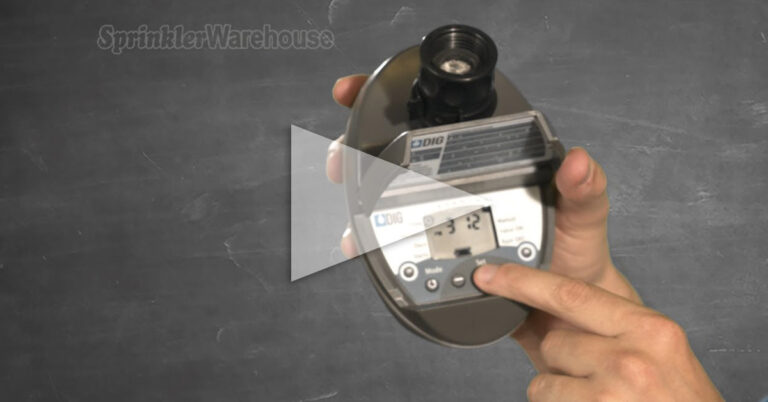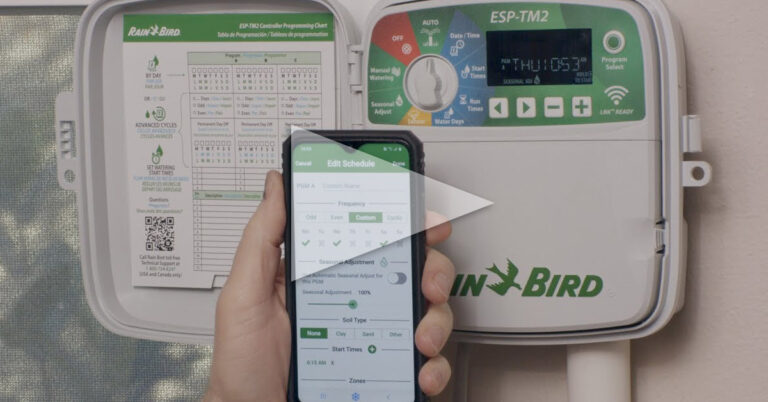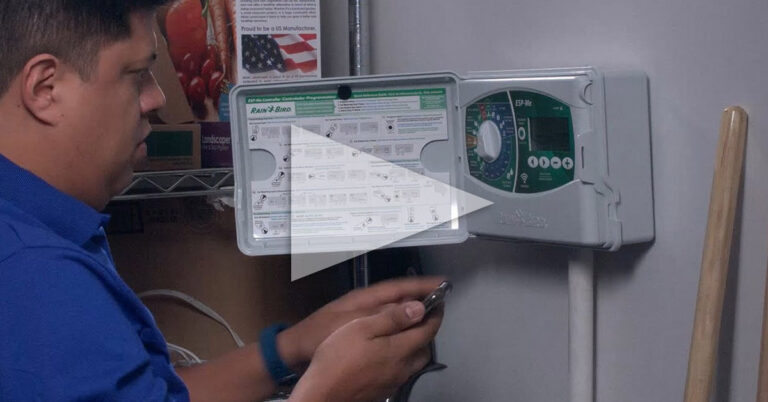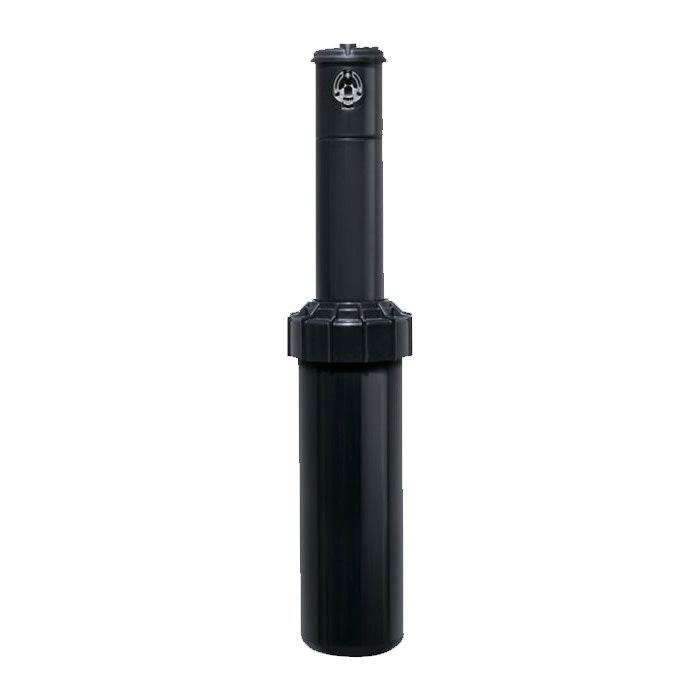Why A Sprinkler System Needs A Watering Schedule
A sprinkler timer, also known as a controller, is an electromechanical device that controls the start and stops of water flow in an irrigation system. Essentially, it’s the brain of your sprinkler system and it has many features to program a watering schedule.
A timer gives the user the ability to automatically water your lawn on a set schedule; just set it and forget it. There are a variety of timers on the market from standard to more advanced controllers. You can even implement a timer to your garden hose or drip system. Whether you’re a homeowner or contractor, installing an automatic sprinkler system is the most efficient way to maintain a well-kept lawn or landscape.
How Does A Sprinkler Timer Work?
Fully electric timers are powered by circuits to run the clock and control functions to automate your irrigation system. Water pressure alone usually isn’t enough to run the entire system at one time therefore, sprinkler valves are used to divide the system. These divided sections are referred to as zones or stations and they run independently of one another according to the set program. The valve is connected to a zone, also known as stations, in your irrigation system automating the water duration.
The size of your yard will determine how many zones you’ll need. Keep this in mind when purchasing a timer, some models can support up to 12 zones like the Hunter PCC1200, and other controllers support fewer zones.
Related Article: Drip Irrigation System Zones
Wiring connects the valves to the timer. Valves that are grouped together are called manifolds. Manifolds are used to minimize wiring and make maintenance more convenient. Using volts, the timer sends signals to each valve to increase or decrease the water flow.
When the timer reaches a start time, it sends a signal for the valve to open. Then, water flows through the pipes to that zone. The water pressure activates the sprinkler head to pop up and begin watering. When the end of the run time is reached, the timer sends a signal to tell that valve to close. The water pressure inside the zone decreases and the sprinkler head disengages and moves on to the next watering zones, you can’t water more than one zone at a time.
It’s important to plan and design your irrigation system before you begin the process of installation. This will help you get a better idea of the stations you need and how they may require different program settings.
Choosing The Right Timer
Manually watering your lawn can be time-consuming not to mention how difficult it is to determine how much water your yard needs. You can easily maintain a beautiful lush lawn by implementing an automatic irrigation system. If you are looking for the basic functions of start and end time then you should consider a standard timer. You’ll get the benefit of an automatic system without overpaying for features you may not need.
On the other hand, advanced technology has allowed standard timers to improve with smart device capabilities. Smart controllers are user-friendly and allow the user to manage watering systems through a smartphone, tablet, or another smart device through WiFi and Bluetooth. Smart controllers can monitor your local weather forecast and adapt automatically to ensure your lawn gets enough hydration without overwatering or underwatering.
Water Smarter, Not Harder
The ability to precisely control watering according to specific conditions of a zone or station is the key to water timers. There are many things to take into consideration when watering your lawn. For example, temperature, season, humidity, local watering requirements, or restrictions.
You can program your system to water at a certain time every day, odd number days, even number days, and so on. If you’re planning to be out of town on vacation you can rest assured that your lawn is still being irrigated properly instead of coming home to dry grass.
Another benefit to a water timer is that it knows exactly how much water your yard needs. You’ll never have to over-water your lawn again. This will save money on your water bill because your yard is getting the exact amount of water it needs. At the same time, you’re also conserving water. If you water at certain times of the day you can decrease the chances of evaporation and ensure that the soil and roots are staying hydrated with a consistent amount of water.
Not to mention, installing an automatic sprinkler is the easiest way to upgrade your home and raise property value.
Affordable Water Timers
Watering time is essential for the growth of any plants, flowers, trees, and shrubs. Perhaps you are looking to keep a thick green carpet like grass but not ready to commit to an investment like a sprinkler system. Maybe you’re looking for your next weekend DIY project. You don’t need a fancy in-ground system to have a beautiful lush lawn.
One option to consider would be a hose timer. Its ergonomic swivel allows the timer to attach directly to your water hose and sits between the hose and the water faucet. The water duration can be adjusted and customized based on weather, season, or time of day. Most timers are either operated by batteries or solar power. It acts much like a kitchen timer, just turn the dial to set the time and let it do the work for you.
Hose timers can even be added to drip systems in a plant bed, garden bed, or flower beds. It would be a great solution if you are renting a home and want to keep up with the curb appeal of the property. Aside from being affordable, hose end timers are great for small-scale residential irrigation. Not to mention, they’re easy to install and maintain.
Significant Factors To Consider When Shopping For A Timer
- Smart or conventional
- The operating location
- Number of zones
- Number of programs
- Additional features
Frequently Asked Questions About Sprinkler System Timers
How Long Should I Set My Sprinklers To Run?
Typically around 20-30 minutes about 3 times per week for soil to be hydrated. However, the watering duration will vary based on the season and the needs of your lawn. For instance, in the winter your grass will need less water.
How Do I Know Which Controller System Is Right For Me And My Yard?
There is a wide range of makes and models of sprinkler systems. In order to determine which one is best for you consider the size of your lawn, how many zones will it require? Are you looking for a standard model or a smart model that has WiFi & Bluetooth compatibilities?
Does Every Timer Come With Wi-Fi And A Rain Detector?
There are two types of sprinkler timers, conventional or smart. The latter will have many more features such as wifi and Bluetooth compatibility. It can also base your watering schedule off of your local weather forecast and adjust the watering schedules from there. For example, the rain detector will detect rain and decrease or turn off the sprinkler system to avoid overwatering.



